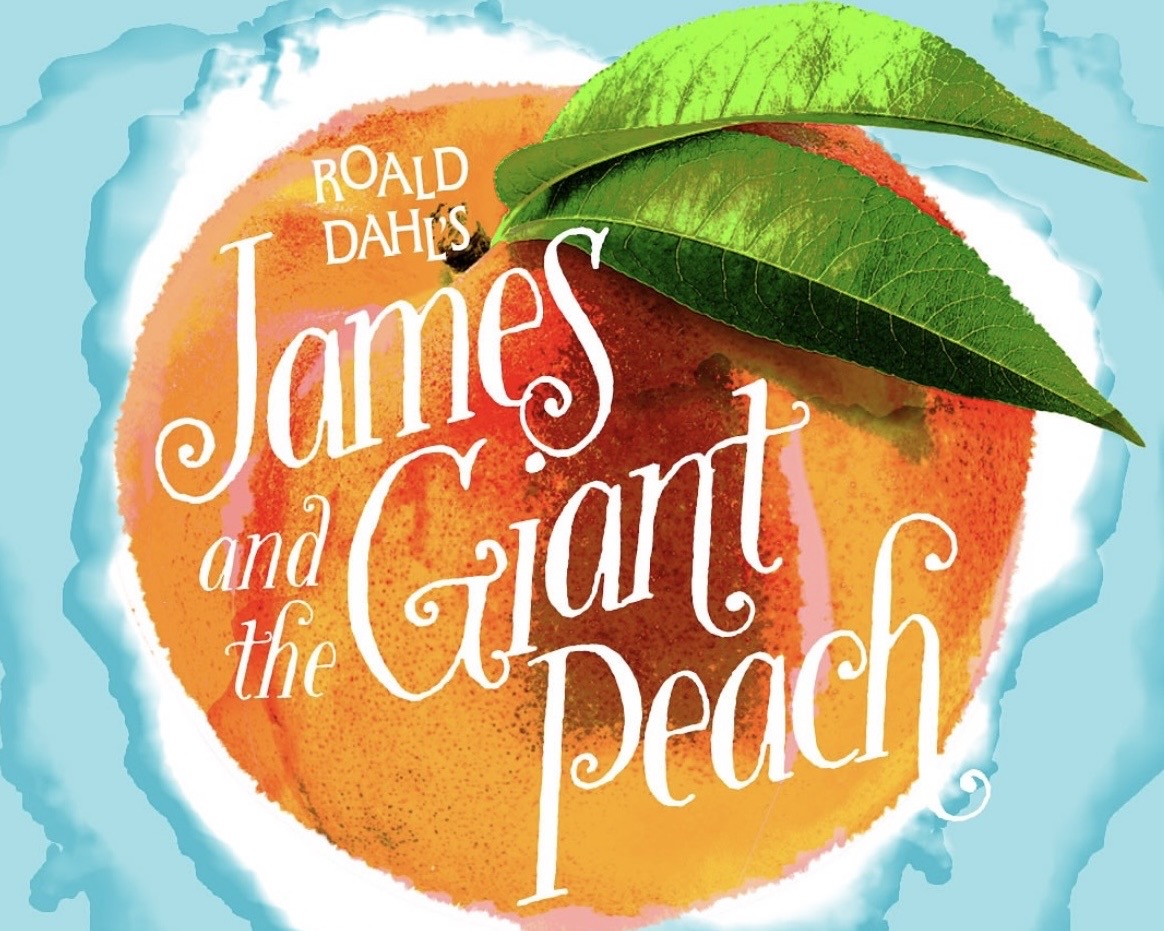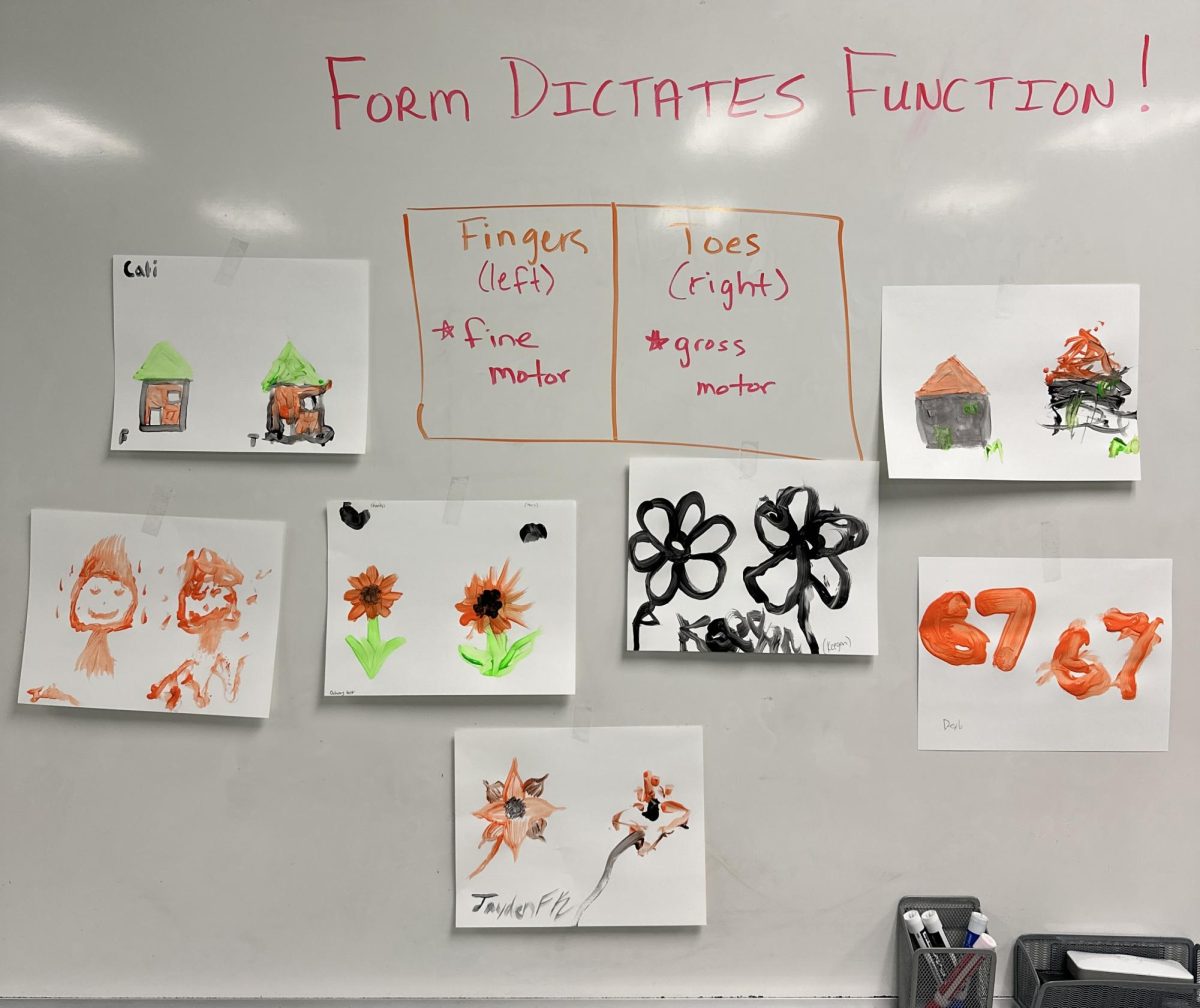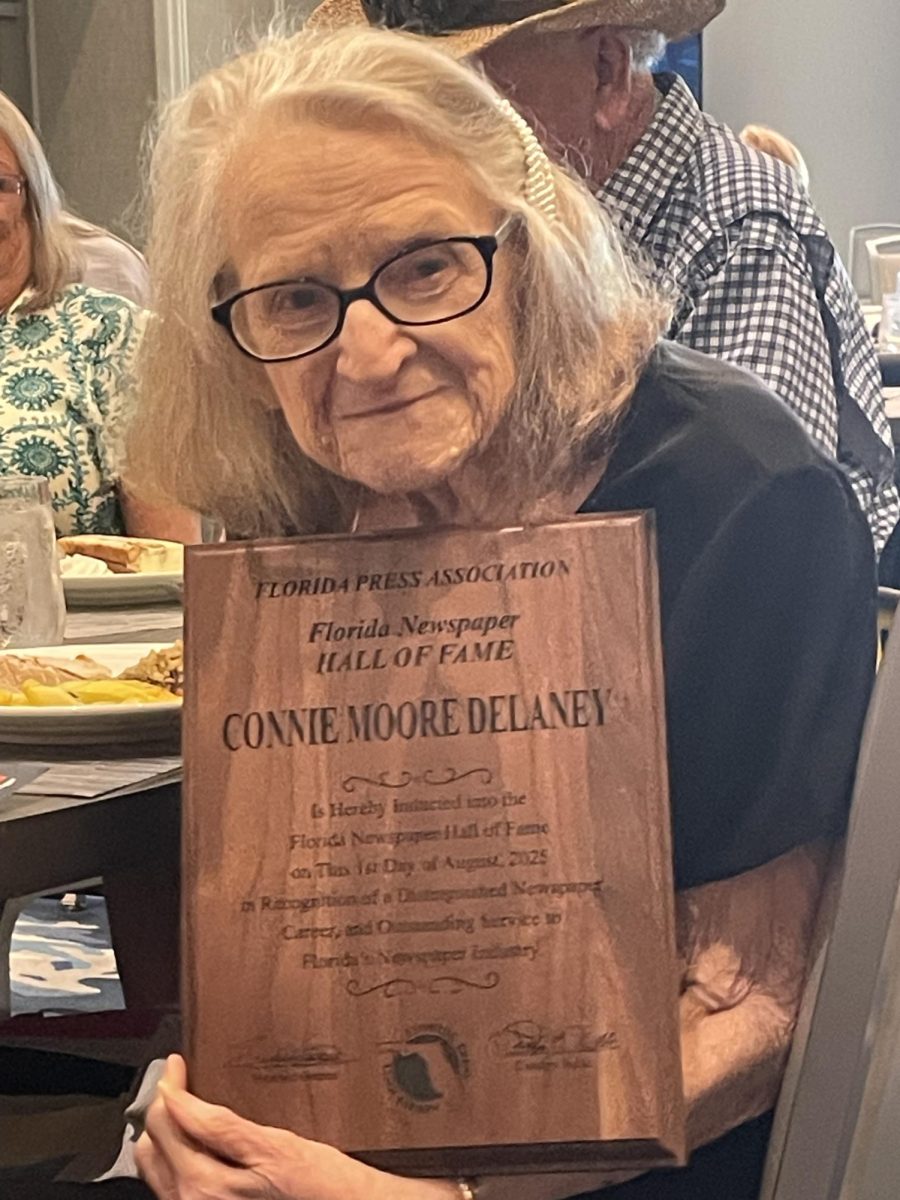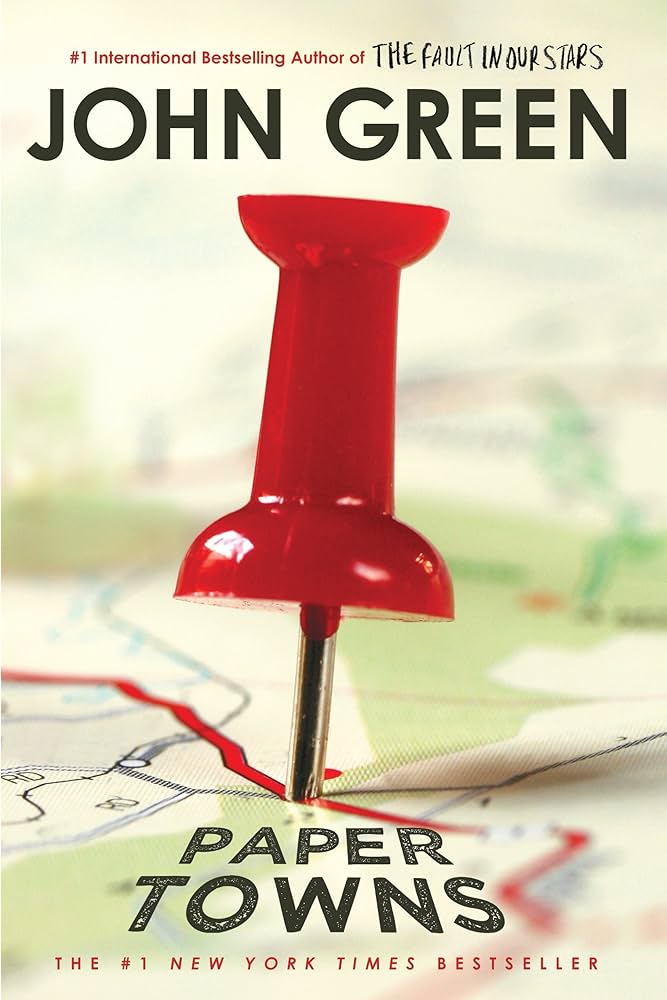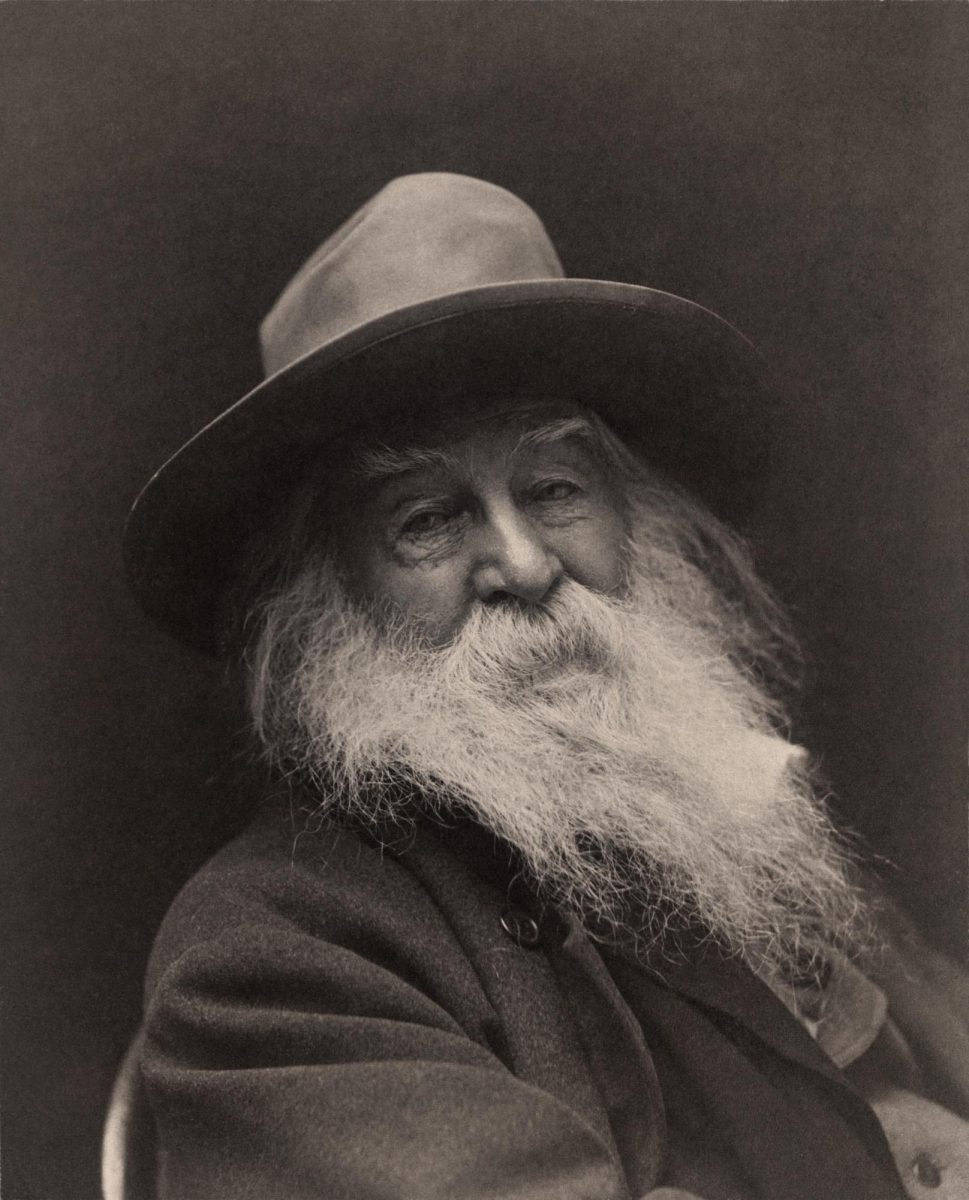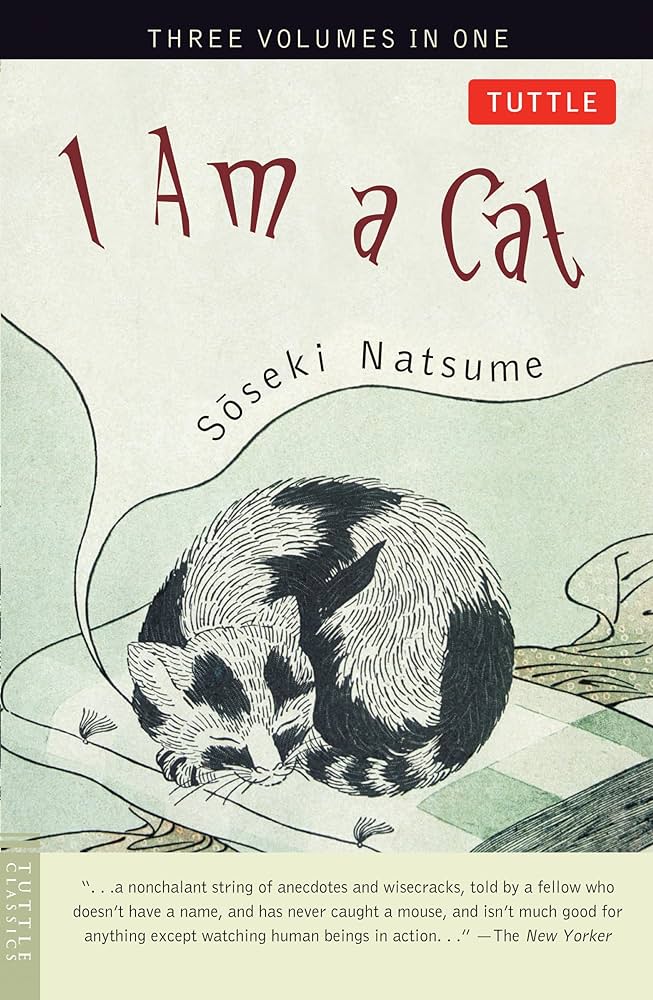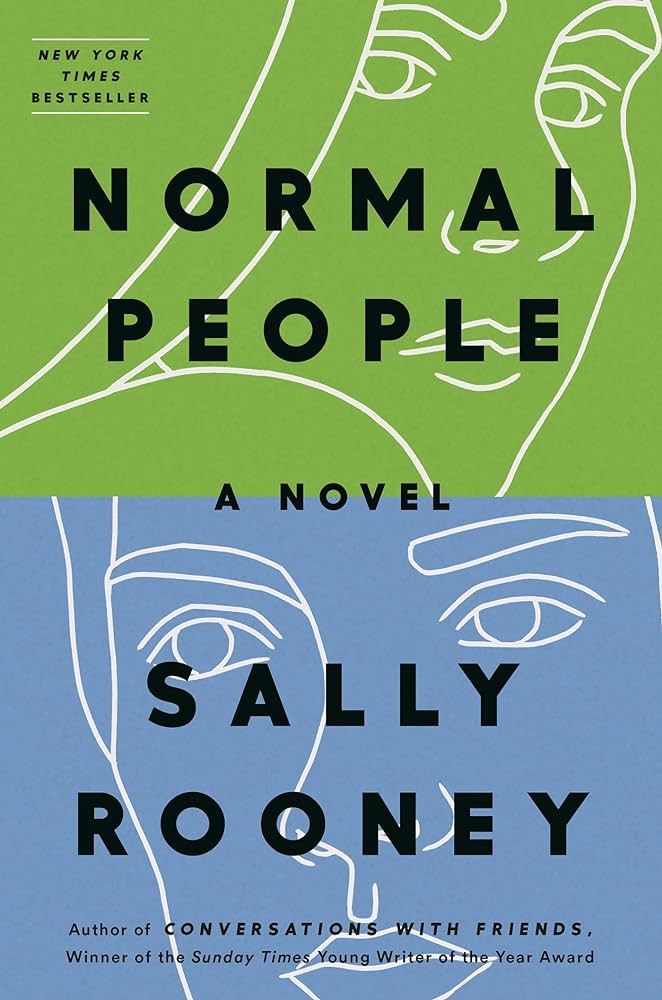Being a senior in high school comes with a flood of contradictory emotions. You long to graduate, but can’t ever imagine actually leaving. You’ll miss your friends, and yet you go on and on about how you can’t wait to make new ones. In John Green’s novel Paper Towns, he accurately touches on the feeling of growing up, and ultimately, growing out of everything you’ve ever known.
“It is so hard to leave—until you leave. And then it is the easiest thing in the world.”
Paper Towns tells the typical story of a boy in his senior year of high school. Quentin, casually known as Q, is a straight-A band student on his way to Duke University in the fall. Everything is going according to plan, until his neighbor, Margo Roth Spiegelman, the girl he has been irreparably in love with since childhood, shows up at his window in the middle of the night and takes him on her revenge-based adventure. Having righted her wrongs, Margo disappears the next day.
“Life has become the future. Every moment of your life is lived for the future.”
Under the impression that Margo was him to search for her, Q spirals down a rabbit hole of clues and hints indicating where she may have gone, hopefully waiting for him. Determined to prove himself, Q ventures to various “paper towns,” or undeveloped subdivisions, looking for Margo.
“I’m starting to realize that people lack good mirrors. It’s so hard for anyone to show us how we look, & so hard for us to show anyone how we feel.”
The more Q searches for Margo, the more he realizes that he doesn’t actually know the girl he thought he did. Seeing the inner workings of her mind through music albums and poetry books, Q discovers that Margo is deeply troubled to her core, perhaps irrevocably.
“It is easy to forget how full the world is of people, full to bursting, and each of them imaginable

